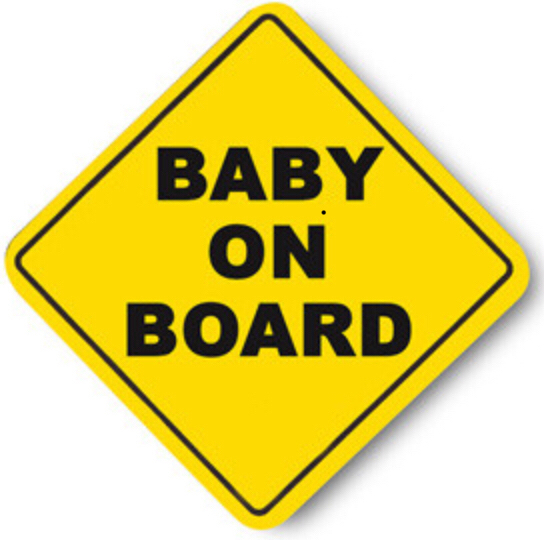Title Page
-
Conducted on
Assessor Details
-
Name
-
Designation
Assessment Completed for
-
Name
-
Designation
Approach
-
This assessment is aligned with the HSE’s Management Standards for Stress. The standards cover six key areas of work design that, if not properly managed, are associated with poor health, lower productivity and increased accident and sickness absence rates. The Management Standards are:
• Demands – this includes issues such as workload, work patterns and the work environment.
• Control – how much say the person has in the way they do their work.
• Support – this includes the encouragement, sponsorship and resources provided by the organisation, line management and colleagues.
• Relationships – this includes promoting positive working to avoid conflict and dealing with unacceptable behaviour.
• Role – whether people understand their role within the organisation and whether the organisation ensures that they do not have conflicting roles.
• Change – how organisational change (large or small) is managed and communicated in the organisation. -
For more information, visit https://www.hse.gov.uk/stress/standards/
Demands
Guidance
-
This includes issues such as workload, work patterns and the work environment.
-
Examples of possible stressors may include unachievable deadlines, intensive work, neglecting important tasks, short-staffed etc.
-
Where 'Training' is mentioned, this does not have to be limited to training courses but can also refer to being involved with additional duties/projects, learning from other colleagues or departments through coaching and mentoring etc.
Desired States
-
• There is a full complement of staff and vacancies are filled within a reasonable time period
• Where possible, staff have control over their pace of work
• The organisation provides staff with achievable demands in relation to the agreed hours of work
• Skills and abilities are matched to the job demands
• Jobs are designed to be within the capabilities of employees
• Staff are able to raise concerns about their work environment.
Assessment Findings
-
Do you feel you have just the right amount of work to do? Could you say what work you have too much/too little of?
-
Do you take the breaks you are entitled to at work?
-
What training, if any, would help you to do your job?
-
Are there any problems with your work environment? If yes, please describe.
Control
Guidance
-
This relates to how much say you have in the way you do your work.
Desired States
-
• Staff are encouraged to use their skills and initiative to do their work
• The organisation encourages staff to develop their skills
• Where possible, staff are encouraged to develop new skills to help them undertake new and challenging pieces of work.
Assessment Findings
-
How could you have more say about how your job is done?
-
How could you be more included in decision-making in the team?
-
How could you be supported to use your skills to greater effect at work?
Support
Guidance
-
This includes the encouragement, sponsorship and resources provided by the Trust, your manager and your colleagues.
Desired States
-
Staff feel supported at work, and extra support is provided where the need is identified.
Assessment Findings
-
How could your line manager better support you to do your job?
-
How could your colleagues better support you to do your job?
-
Are there any parts of your job that you find especially difficult? – If yes, please describe:
-
Do you feel you have a healthy work-life balance? If not, how could it be better?
Relationships
Guidance
-
This relates to promoting positive working to avoid conflict and dealing with unacceptable behaviour.
Desired States
-
• Employees share information relevant to their work
• Staff feel able to ask for help with conflict, bullying and harassment.
Assessment Findings
-
How could communication in the team be improved?
-
If you feel that you are experiencing bullying or harassment at work, what NES policies or procedures" could help?
Role
Guidance
-
This relates to ensuring that your role is clear and that you do not have conflicting roles.
Desired States
-
The organisation ensures that, as far as possible, the different requirements it places upon staff are compatible.
Assessment Findings
-
Are you clear about your roles and responsibilities at work? If not, please explain:
-
Do you feel that there is any ambiguity or confusion (role conflict) in your job? If yes, please describe:
Change
Guidance
-
This relates to how organisational change is managed and communicated.
Desired States
-
• The organisation provides employees with timely information to enable them to understand the reasons for proposed changes
• Employees are aware of the probable impact of any changes to their jobs
• Employees are aware of timetables for changes
• Employees have access to relevant support during changes
• If necessary, employees are given training to support any changes in their jobs.
Assessment Findings
-
How could your line manager better support you during change at work?
-
How could the organisation better support you during change at work?
Summary & Recommendations
-
Assessor Summary
-
Assessor Recommendations
-
Assessor Signature










